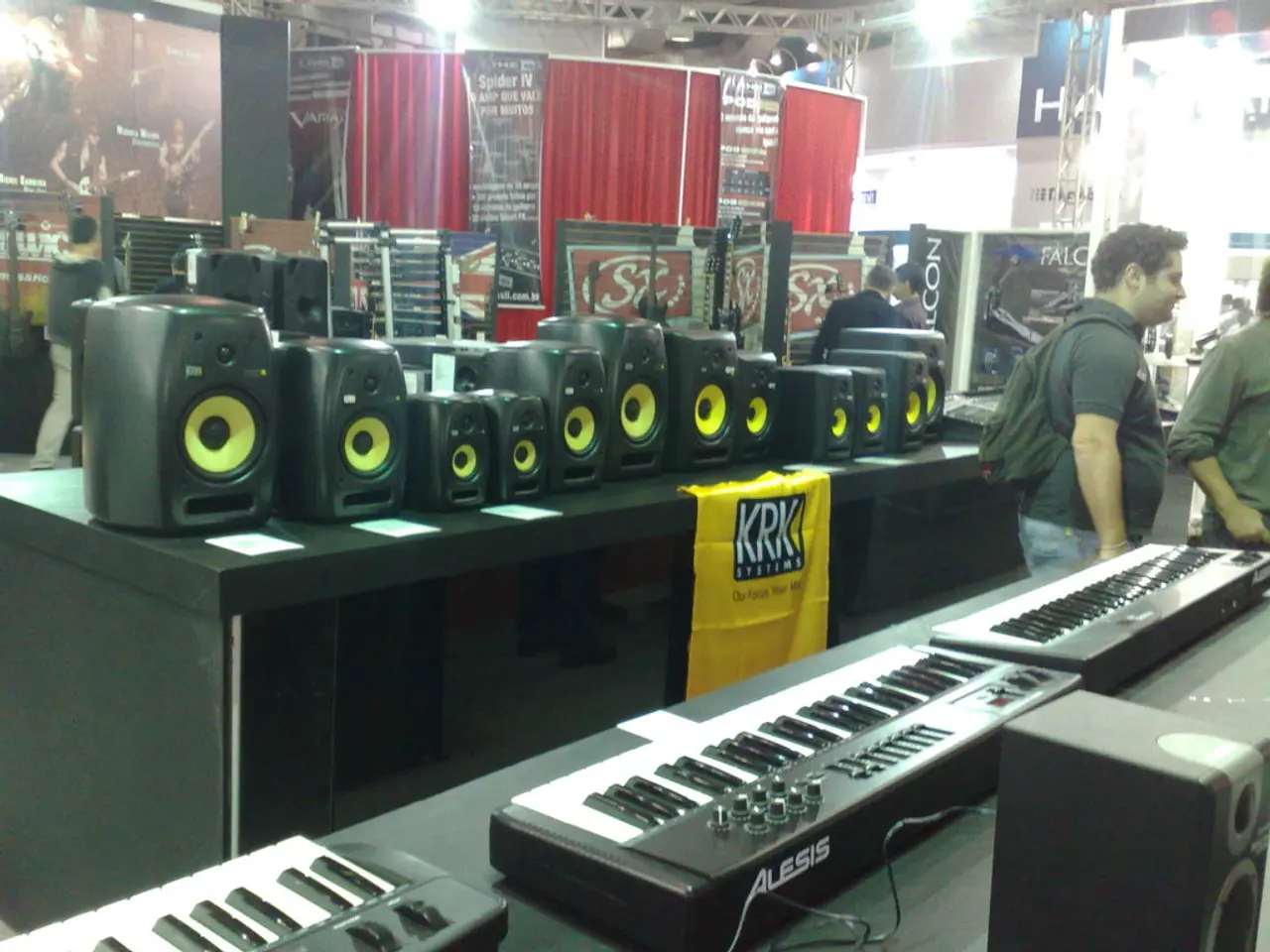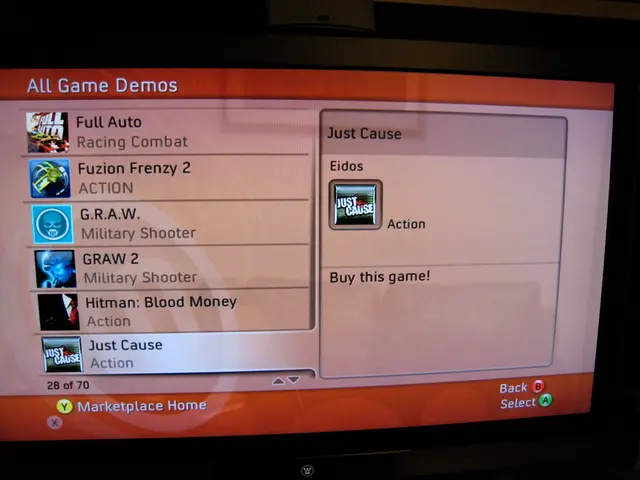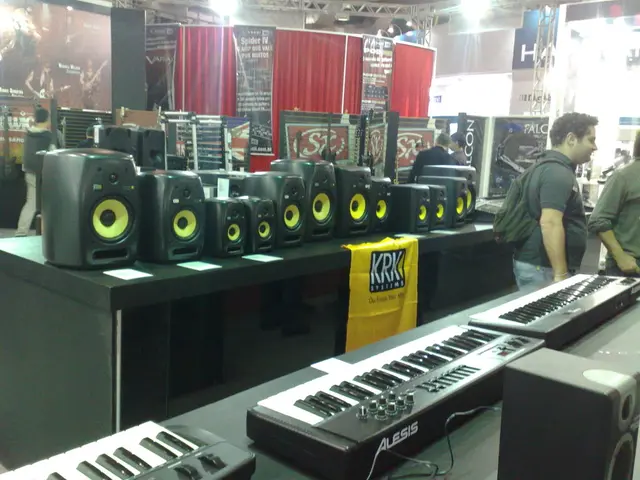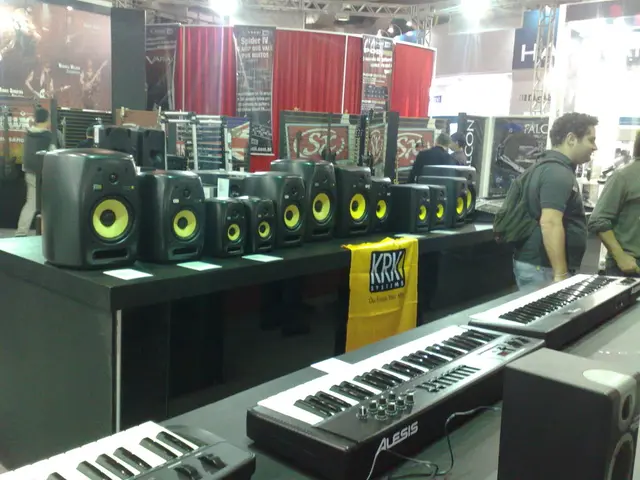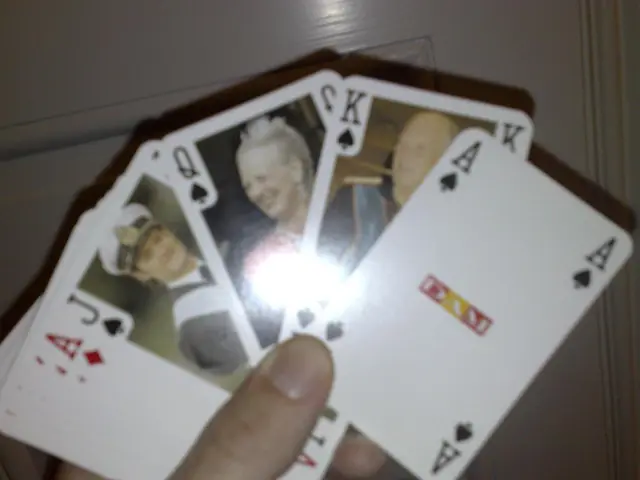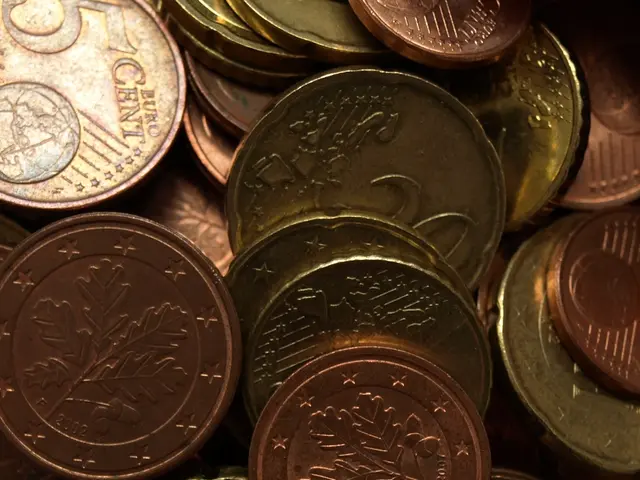The question at hand unveils the mystery of why certain casino games offer higher wins compared to others.
In the world of casinos, understanding the intricacies of payouts is essential for any gambler seeking to make informed decisions. This article will delve into the key factors that influence the payout rates of various casino games, focusing on house edge, Return to Player (RTP) rates, and game structures.
House Edge and RTP Differences
The house edge is the casino’s advantage built into each game, inversely related to the RTP, which is the percentage of wagered money a game returns to players over time. Games like blackjack and baccarat often have lower house edges (and thus higher RTPs), sometimes close to or above 99%, because their rules allow skilled players to make decisions that reduce the casino's advantage. For example, "Single Deck Blackjack" and "Deuces Wild" poker variants have higher RTPs[1][3].
In contrast, slots have a programmed house edge with RTPs varying widely, often from 85% to 99%, depending on the game and casino. Slot machines use random number generators (RNGs) to determine outcomes, and manufacturers can set payout frequency and win sizes, thus controlling RTP and house edge[2][4].
Game Type and Structure
- Table Games: These typically have set rules that limit the house edge. Games like blackjack, baccarat, and poker variants have RTPs ranging from about 95% to well over 99% based on specific rules and player strategy. For example, casinos like BetWhale offer blackjack variants with RTPs among the highest online[1][3].
- Slots: Slots rely on RNGs and can have a broad RTP range. High RTP slots (e.g., Mega Joker with 99.07% RTP) offer better payout rates, while many have lower RTPs (sometimes as low as 85%). Their payout rates can also be affected by bets, features, and bonus rounds[2][4][5].
- Lotteries and Bingo: These games typically have lower RTPs (e.g., bingo RTPs range 85-95%, keno is typically lower), reflecting their higher house edge designed to offer large jackpots but lower chances of return[1][2].
Casino Type and Platform
Online casinos generally offer higher RTPs (up to 99%) compared to physical casinos, where RTP values for the same games tend to be lower (85-92%), due to differences in operating costs and competitive market pressures[3].
Programming and Regulations
Online slot RTPs are publicly disclosed due to regulation, ensuring transparency. Land-based slots generally do not disclose RTP, creating more variability and uncertainty[2][3]. Some games adjust RTP or house edge based on bet size or in-game decisions, influencing payout variability[2][3].
Popularity, Volatility, and Development Costs
Popular games attract more copycats, and if a game with a high house edge turns out to be a smash hit, other companies will create their own variations on it with better odds to draw players away from the original. Gamblers tend to seek out highly volatile games, as the possibility of a big win is what makes gambling exciting, despite these games having a lower RTP[6]. Higher volatility games usually have a bigger house edge to compensate for the downsides from the operator's perspective[7].
Developing a game with a narrower appeal will need to make more from each player to be worth developing, as the number of players that the game attracts also matters[8]. Fancy graphics, sound, branding deals, and bigger file sizes can increase the cost of developing video slots and online games[9]. Overhead costs can be an issue in retail environments, leading to higher minimum bets or games with higher house edges[10].
Regulation and Transparency
Regulated online casinos and many states' retail casinos must make RTP information available to players[11]. Gambling is an entertainment transaction, exchanging money for a hopefully enjoyable experience[12].
Minimum Stakes and House Edge
Minimum stakes can affect the house edge, with lower bet sizes requiring a higher house edge to be profitable[13]. Online casinos offering slots with a $0.10 minimum bet and 96% RTP make less than half a cent per spin, but these games can generate significant revenue due to high volume of play, with players spinning 500 or 600 times per hour[14]. In retail casinos (not usually online), higher-stakes slot machines often have better RTP[15].
Every Game Has a Theoretical RTP
Every casino game has a theoretical RTP (return-to-player). The cost of gambling is variable, with the total value of bets multiplied by the house edge being the average cost[16]. More exotic and uncommon games will usually have a lower RTP than casino staples like blackjack, roulette, and traditionally designed slots[17].
The Player's Perspective
Ultimately, the player cares about having an exciting time, not just the RTP[18]. The house edge is the opposite of the RTP[19]. Adding games costs money, so a casino will only add them when the benefit outweighs the cost[20].
- In the realm of table games like blackjack, baccarat, and certain poker variants, skilled players can leverage RTPs around 99% due to game structures that allow them to make decisions reducing the casino's advantage, such as "Single Deck Blackjack" and "Deuces Wild" poker variants.
- The online casino platform generally provides higher RTPs for games, like blackjack, compared to physical casinos, with advantages stemming from lower operating costs and competitive market pressures.
- Popular casino games, often highly volatile, tend to have a bigger house edge compared to less popular games, with operators adjusting for potential downsides from the perspective of higher volatility providing a thrilling gaming experience.
